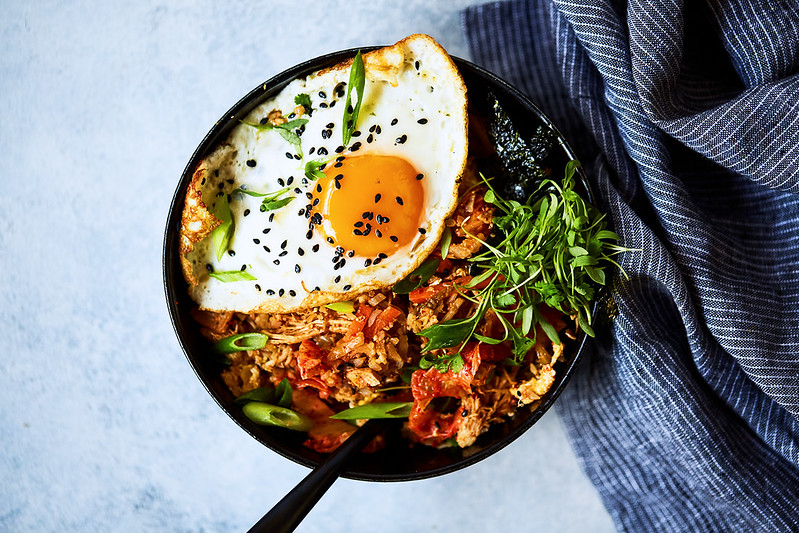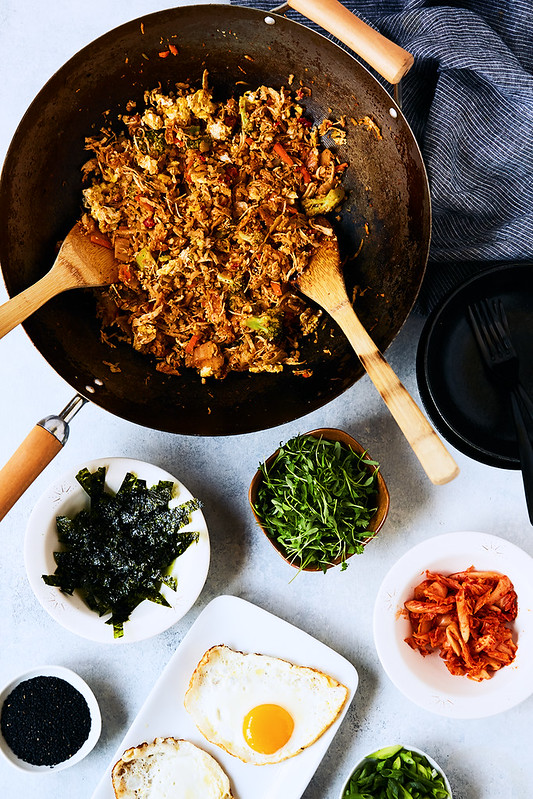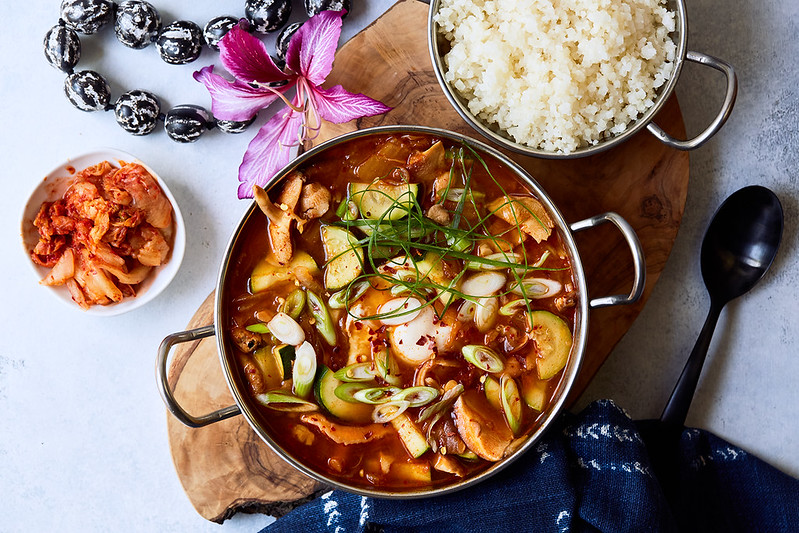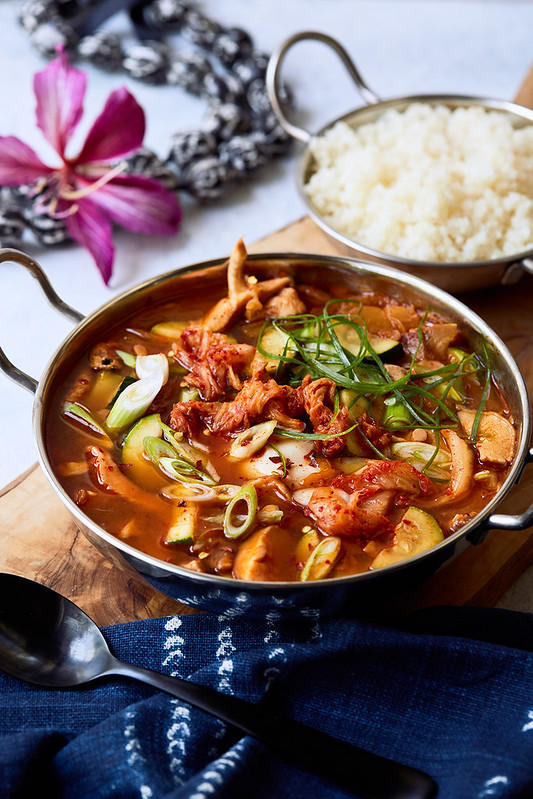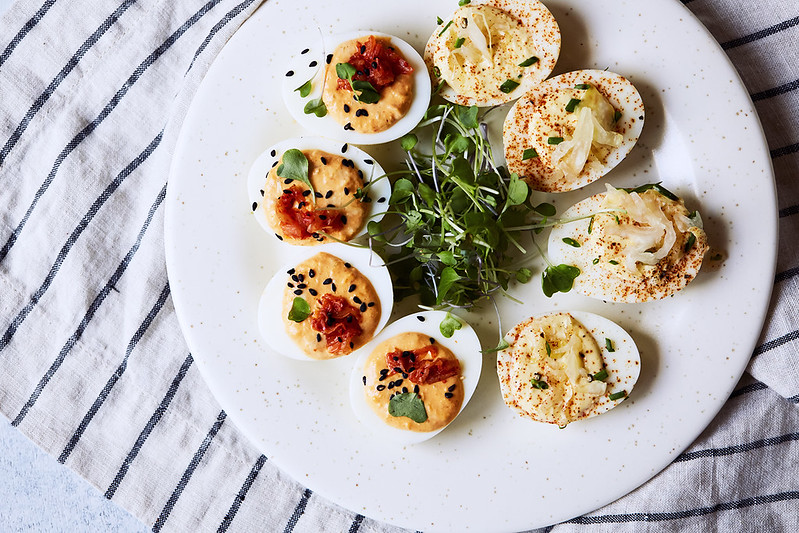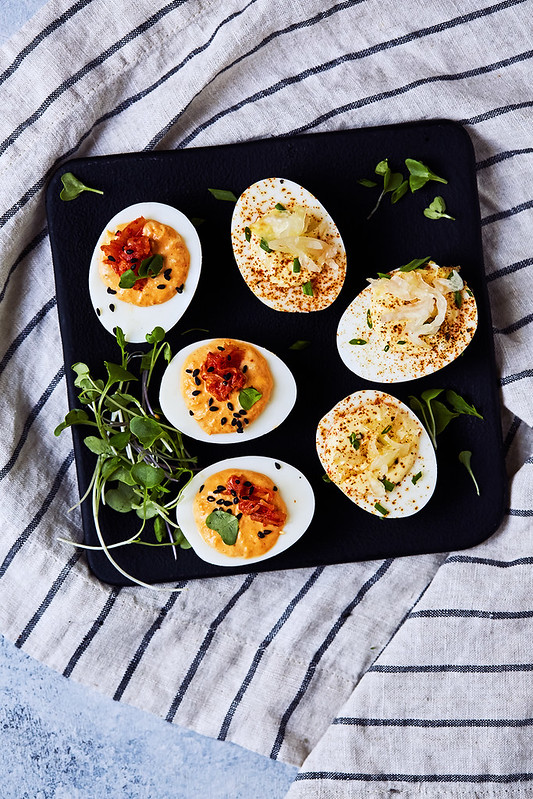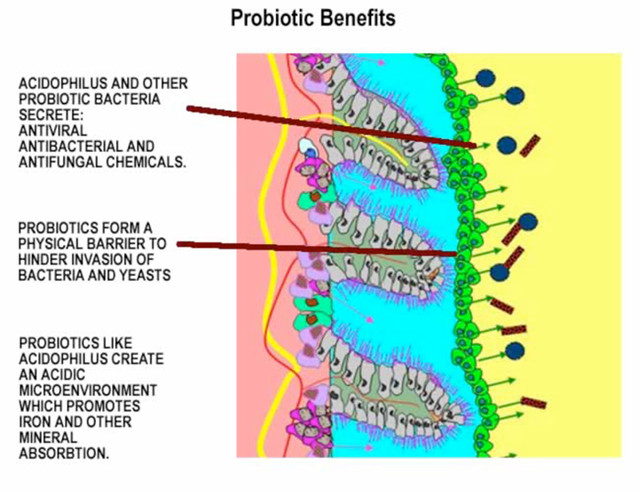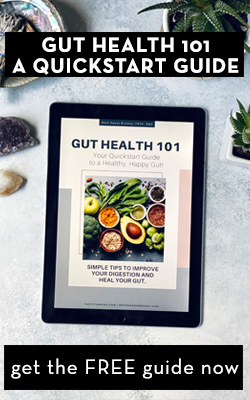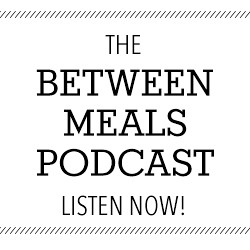-
The Benefits of Probiotics and How To Choose
The Benefits of Probiotics and How To Choose – When it comes to gut health, probiotics will forever be a hot topic, and with good reason. The right probiotics can help to nourish and support your gut bacteria.* The word probiotic actually means “for life” because these live microbial organisms provide both physical and mental health benefits, and experts have well researched the direct and indirect effects on the physiology of the body.
This post and video are sponsored by MegaFood®
Why a Healthy Gut Matters.
A healthy gut is paramount to a healthy body.* Our health begins in the gut! A large majority of the important cells, responsible for the regulation and efficacy of our immune system can be found in our gut 1https://www.ncbi.nlm.nih.gov/pmc/articles/PMC2515351/ (some research estimates between possibly as much 60 and 80% of our immune cells can be found there)2https://www.physiology.org/doi/full/10.1152/ajpgi.1999.277.5.G922. Additionally, many of the chemicals responsible for regulating moods, neurotransmitters such as serotonin, are actually made in our gut 3https://www.ncbi.nlm.nih.gov/pmc/articles/PMC5772764/. Some estimate that as much as 90% of the body’s serotonin, which influences both mood and GI activity, is produced by the gut bacteria in the digestive tract. From a properly functioning digestive system to maintaining a strong immune system and well functioning brain – our gut is the foundation of our vitality.*
Not only is it important to ensure our digestion is functioning properly so we can feel our very best, but healthy digestive function is also crucial as it allows us to be able to absorb and utilize all the amazing nutrients we consume in our nutrient-dense, whole foods focused diet.
Poor eating habits, stress, and antibiotic use can all throw off the balance of our gut microbiome. When you experience occasional digestive issues like gas, bloating, diarrhea, or constipation, you may need some extra digestive health support. To maintain optimal gut health, we want to strive for a symbiotic GI tract full of beneficial bacteria.
The Benefits of Probiotics // How Probiotics Can Help
When you take probiotics you are re-introducing good bacteria to your gut environment by populating your GI tract with as much of the beneficial stuff as possible. Studies have shown that probiotics may prevent adhesion and interaction of unwanted bacteria with our gut epithelial cells.* 4Gerritsen, J. et al., Intestinal microbiota in human health and disease: the impact of probiotics, Genes Nutr. 2011 August; 6(3): 209–240 Some research has also shown that administration of probiotics can have a direct effect on the tight junctions between enterocytes in the gut—resulting in decreased intestinal permeability 5Corridoni D, et al., Probiotic bacteria regulate intestinal epithelial permeability in experimental ileitis by a TNF-dependent mechanism, PLoS One. 2012;7(7):e42067. These are just some of the ways probiotics may help to restore gut health.*
Probiotics are present in unpasteurized fermented foods but you can also ingest them through supplementation. So how can we be sure which is the right method, how much and how often we should take probiotics and why should we want to?
One very important thing to note here is that for probiotics to do their job effectively, you must have optimal conditions for “good” bacteria to live and flourish. This starts with nourishing your microbiome with nutrient-dense real food and eliminating foods (temporarily or permanently) that can cause inflammation and microbiome imbalance.
References
1. ↑ https://www.ncbi.nlm.nih.gov/pmc/articles/PMC2515351/ 2. ↑ https://www.physiology.org/doi/full/10.1152/ajpgi.1999.277.5.G922 3. ↑ https://www.ncbi.nlm.nih.gov/pmc/articles/PMC5772764/ 4. ↑ Gerritsen, J. et al., Intestinal microbiota in human health and disease: the impact of probiotics, Genes Nutr. 2011 August; 6(3): 209–240 5. ↑ Corridoni D, et al., Probiotic bacteria regulate intestinal epithelial permeability in experimental ileitis by a TNF-dependent mechanism, PLoS One. 2012;7(7):e42067 -
The Benefits of Probiotics
I am very excited today to share this post with you. Not only is the lovely Eliza Schneider of Embodied Emergence joining us again, to share her thoughts on probiotics, but I am also sharing some great probiotic encouraging recipes from some wonderful friends of mine, as well. Probiotics have single-handedly changed the game for my always troubled gut, my only complaint of probiotics is that I didn’t learn of them sooner. I am so happy Eliza took some time to explain probiotics and share all of the amazing benefits we get from them.
——————————————————————————————
If you’re interested in taking better care of your digestion you’ve surely been hearing buzz words like “probiotic,” “prebiotic,” “digestive enzymes,” “intestinal flora”… don’t be scared by these terms! You’re not alone if you’re thinking “WTF is this biotic stuff all about? Should I be taking supplements? Do I need this stuff? What kind should I be getting?….!!??”
Don’t fear! The digestive detective (my new self-title, haha) is here to “break it down for you,” so to speak.
Today we’re going to focus on your intestines. These windy, long intestinal tunnels have villi (tiny hairs) capture the nutrients and send them into your blood stream. These villi are covered with tiny bacteria (probioitics). The probiotics repel yeast, bad bacteria, and fungi from getting into the blood stream. It is VITAL that the nutrients are able to absorb into the blood stream at this point in the digestive process, and the probiotics assist in allowing this to happen. The intestines are the final frontier for the digested food before it’s moved into the colon and then released as waste.
On average, we have over 1,000 different types of bacteria that live in our digestive track and help to break down food and absorb nutrients! (Amazing, right!?) But sadly, things like antibiotics and diets filled with processed foods can cause these helpful bacteria to die off. As I mentioned in a previous blog post on POO, foods that cause inflammation in the body can cause the villi to be covered in a mucous that prevents mineral and nutrient absorption! This in turn can cause problems like constipation or diarrhea, IBS, abdominal pain, cramps, bloating and other not-so-fun digestive problems.
Something to be aware in today’s factory-farmed world is that there can even be trace antibiotics in the meat you are eating. Conventional farmers often add antibiotics to animals who are grown close together and are prone to bacterial infections. Also, some fish are packed in antibiotics so that they don’t develop bacteria on them as they are shipped to stores. By choosing organic fish and meats you’ll avoid these risks.
The GOOD NEWS is that probiotics (supplements that help rebuild the intestinal bacterial [AKA flora]) can relieve many of these problems! Probiotics are microorganisms that offer some form of health benefit to the host. Prebiotics, on the other hand, are a special kind of dietary fiber that nourish the existing bacteria already living in the colon. They are naturally occurring in many plants. Basically, prebioitics are fibers (non-living) that help feed the good bacteria (probioitics!).
In this post, we are going to focus on PRObiotics, the actual beneficial bacteria that we ingest either in foods, or through supplements and are produced naturally (in a healthy body) in our intestines.
Some foods with natural probiotics in them are:
- Plain yogurt (Be sure to pick one without too many filler sugars and that says something like “live and active cultures” to be sure you’re getting good bacteria!)
- Kefir (fermented milk drink made with kefir grains)
- Fermented foods like sauerkraut, pickles, kimchi, etc
- Miso (fermented soybean paste… makes great soups, and yummy dressings!)
- Tempeh (fermented soybean)
- Kombucha (basically bacterial cultures that in a tea-based drink)
- Dark Chocolate (YESS!!!)
- Olives (also go through a brine-fermenting process) Read the rest of this entry »

